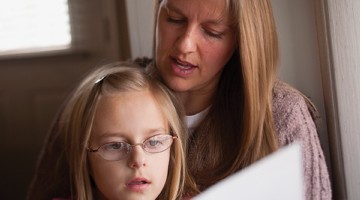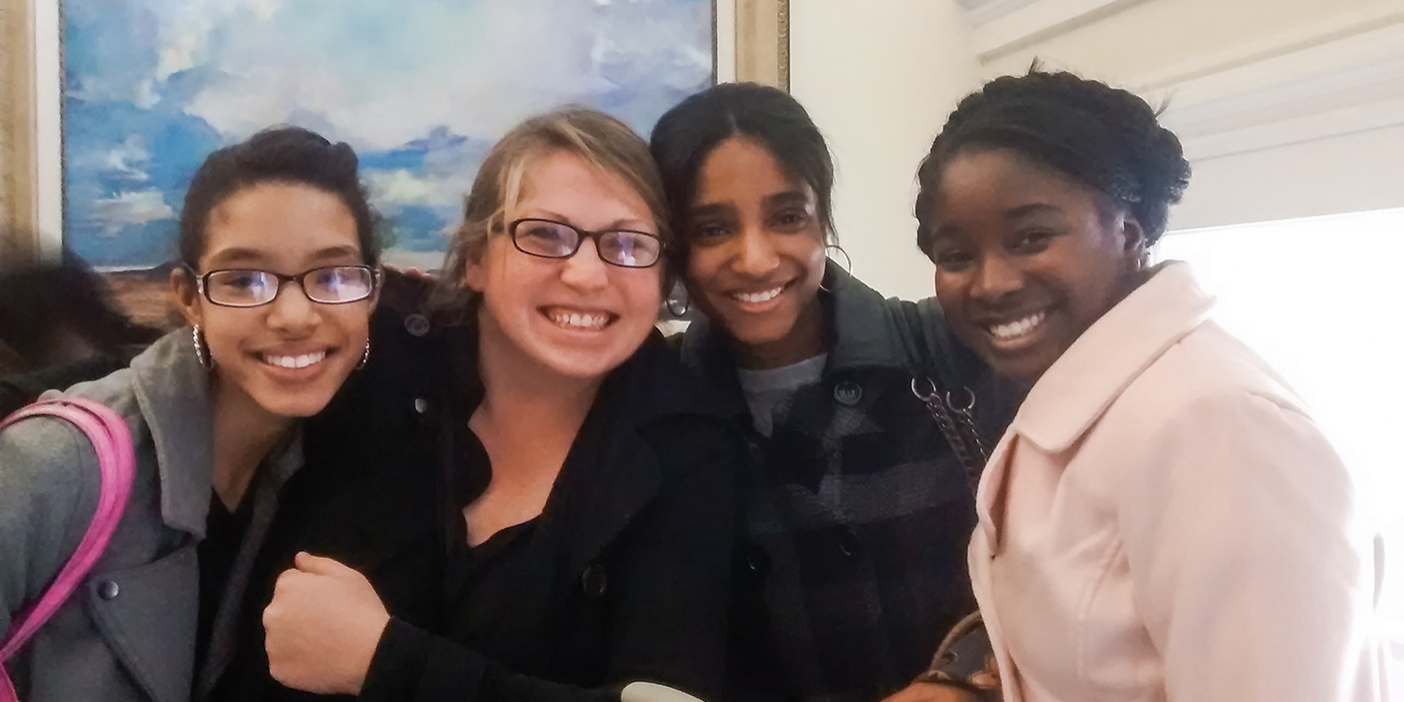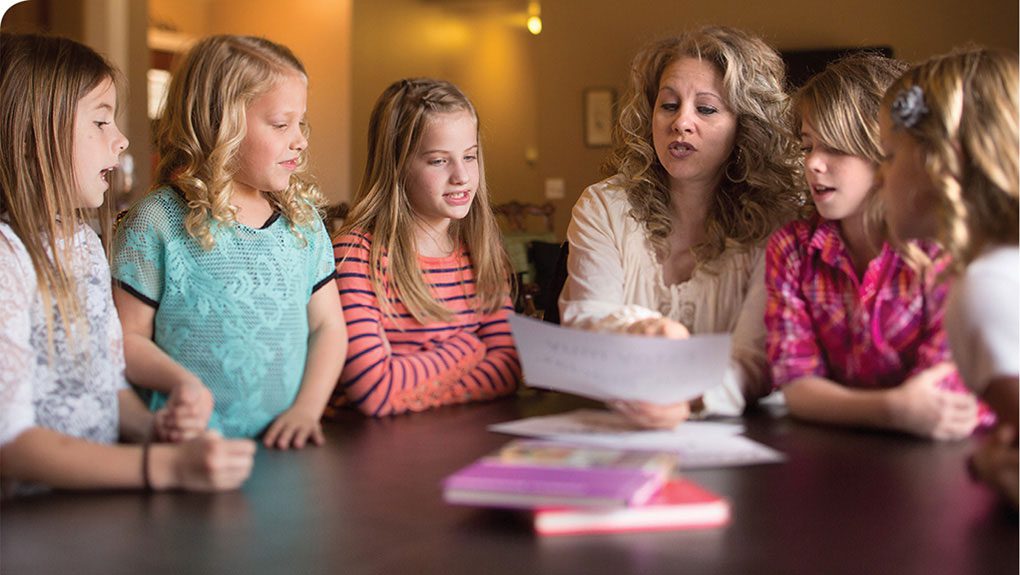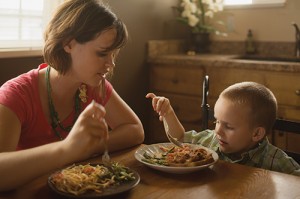 How alumni use their BYU educations to serve their communities, neighbors, and families.
How alumni use their BYU educations to serve their communities, neighbors, and families.
The Leadership Syllabus
Halfway through my sophomore year at BYU, a friend suggested I take a class in youth leadership. On the first day, Professor Rulon D. Skinner (BA ’54, MA ’71) entered carrying a stack of binders. After placing them on the front table, he asked everyone to get out their syllabus.
I felt a moment of panic: I didn’t know there was a syllabus!
I was surprised when, instead of one of the hefty binders, he raised his Bible in the air. “This class is called Keys to Leadership,” Brother Skinner began. He explained that the best example of a leader was in the New Testament and
we would spend the entire semester studying the leadership qualities of the Savior.
That semester Brother Skinner taught how to lead youth with the Spirit as your guide. His favorite mantra was “Keep the group together and get the job done.” He taught us how to help kids rise to a higher level. He helped us want to make the world a better place for children by looking past the little details and remembering what is truly important—the kids themselves.
Over the years, as I have bounced between church callings in Primary, Young Women, Scouts, and Relief Society, I have heard Brother Skinner’s voice in my head reinforcing the leadership principles he so lovingly taught. I don’t have many textbooks left over from college, but Brother Skinner’s book Keys to Leadership still holds a place of honor on my bookshelf.
—Suzanne Wasden Quackenbush (BS ’93), Central Point, Ore.
Account, Budget, Serve
I love numbers. After I graduated, I bought my business suit and briefcase and got a job in accounting. However, when our first child was born I left the workforce and stayed home to raise my children full-time. That has been the biggest joy of my life, and I have been able to put my accounting degree to work in several ways.
First, it has enabled me to budget and manage our family’s finances. My children tell me that they have learned to budget and manage their money through my example. Also, I have been able to put my skills to use as I served as PTA treasurer when my children entered school. That position gave me a meaningful way to be involved in the community and to meet people and play a role in decisions that would affect my children. I felt proud to be able to say I had a degree that I had worked hard to earn and that would qualify me to be of help to the association.
— Deborah Lyons Call (BS ’85), Puyallup, Wash.
Tip: Two Bites, Happy Stomach
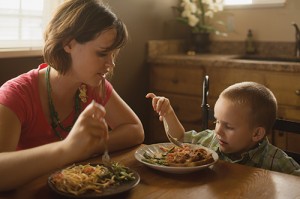
Children can be picky eaters, but Hillary Steab learned a mealtime method in a BYU health education class that has promoted happy, healthy eating in her family.
In a health education class at BYU, I learned a philosophy that has created not only harmonious mealtimes but also mindful, healthy eaters in my family: Parents get to decide what food, when, and how much to offer; children should decide how much they eat of each item. Rather than trying to coerce my toddler into cleaning his plate, we encourage him to try two tiny bites of everything, and he is finished when his “stomach is happy.” The class also emphasized that parents should not use food as a reward or punishment and they should serve their children what the adults eat. That BYU class makes a positive impact on my family every day.
— Hillary Lewis Steab (BS ’10), Syracuse, Utah







